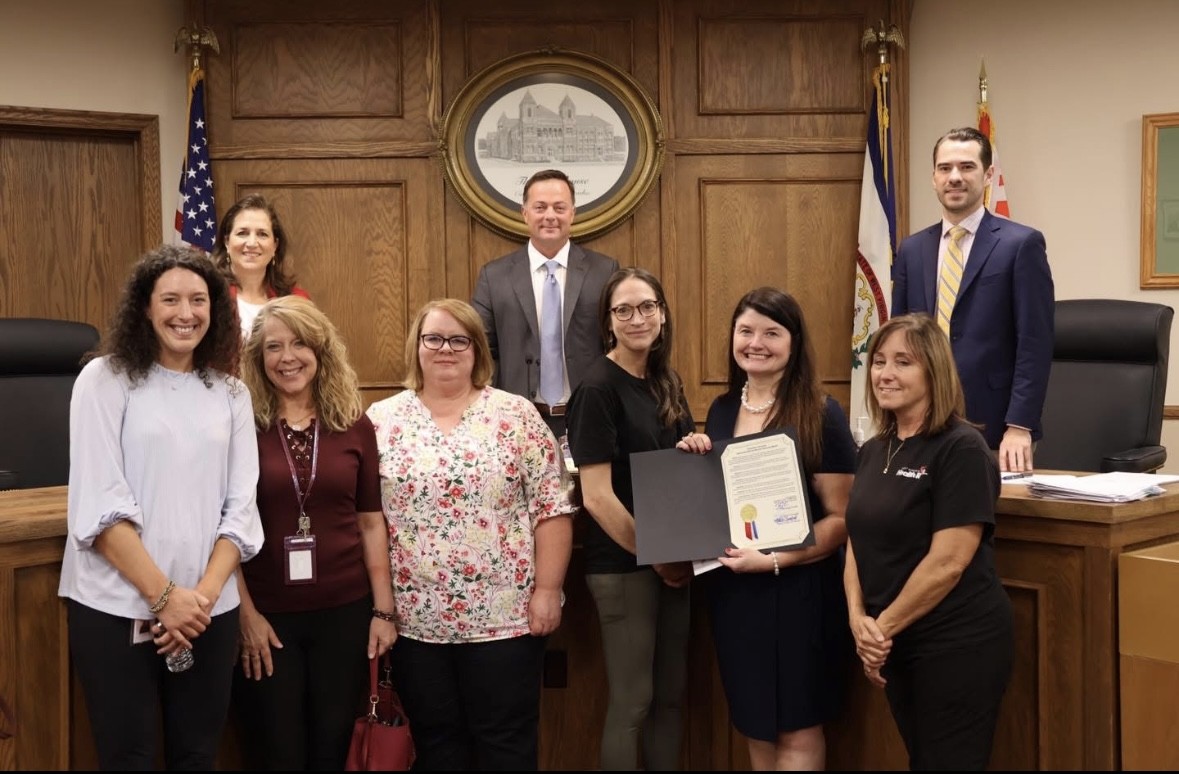Kiwi Kids Under Pressure: Expert Says Open Communication is Key to Stopping Bullying

Bullying in schools is a serious issue affecting Kiwi kids nationwide. Licensed mental health counselor Daniel Mossel recently spoke with NewsChannel 13, shedding light on the profound psychological and emotional toll bullying takes on young people. He stressed that fostering open communication is absolutely crucial to tackling this problem and supporting those affected.
“Bullying isn’t just about the immediate taunts or physical altercations,” Mossel explained. “It triggers a significant stress response in children, and that response has far-reaching consequences.” This stress can manifest in a variety of ways, impacting a child’s ability to learn and thrive.
The Impact on Young Minds
Mossel detailed how prolonged bullying can actually diminish cognitive abilities. When a child is constantly worried about being targeted or feels unsafe at school, their brain is flooded with stress hormones, diverting energy away from learning and problem-solving. Think about it – how can a child concentrate on algebra when they're constantly dreading the next lunchtime?
Beyond academic performance, bullying also fuels a range of negative emotions. “We see a lot of anger, fear, and anxiety,” Mossel stated. “Children who are bullied often feel isolated, helpless, and ashamed. These feelings can linger long after the bullying has stopped, impacting their self-esteem and future relationships.”
Communication is the Cornerstone
So, what can be done? Mossel emphasized the vital role of communication. “Creating a safe and supportive environment where children feel comfortable talking about their experiences is paramount,” he said. This means parents, teachers, and school staff need to be proactive in encouraging open dialogue.
Here are some key points Mossel highlighted:
- Listen without judgment: When a child comes to you, truly listen to what they’re saying without interrupting or minimizing their feelings.
- Validate their emotions: Let them know it’s okay to feel angry, sad, or scared.
- Encourage them to seek help: Reassure them that they’re not alone and that there are people who can help. Connect them with school counselors, support groups, or mental health professionals.
- Work with the school: Partner with the school to address the bullying behaviour and ensure the child’s safety.
Beyond the Individual: Addressing the Root Causes
While individual support is crucial, Mossel also stressed the need to address the root causes of bullying. “We need to educate children about empathy, respect, and the importance of kindness,” he said. “Schools should implement anti-bullying programs that promote positive social skills and create a culture of inclusivity.”
Ultimately, stopping bullying requires a collective effort. By prioritizing open communication, fostering supportive environments, and addressing the underlying issues, we can help protect Kiwi kids and ensure they feel safe and valued at school.
Resources:
- Bullying Free NZ: https://www.bullyingfree.nz/
- KidsHealth: https://kidshealth.org/bullying




